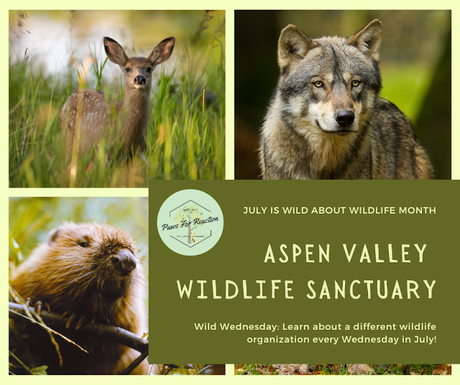
If you're looking for a place that cares for all creatures, big and small, there's no other place like this! Located in Rosseau, Ontario, Aspen Valley Wildlife Sanctuary was founded in the early 1970s and has been a leader in wildlife rehabilitation ever since. The sanctuary is located on 460 acres of natural habitat, making it one of the largest wildlife rehabilitation locations in Ontario.
"We are unique in Ontario in that in addition to our rehabilitation facilities where we care for injured and orphaned wildlife before their release, we have a Sanctuary that provides a forever home to 30 native Ontario wildlife species," Linda Glimps, Director of Fundraising and Volunteer Management said in a correspondence. "These are animals that have come to us from various situations where human interference has occurred and therefore are not releasable."
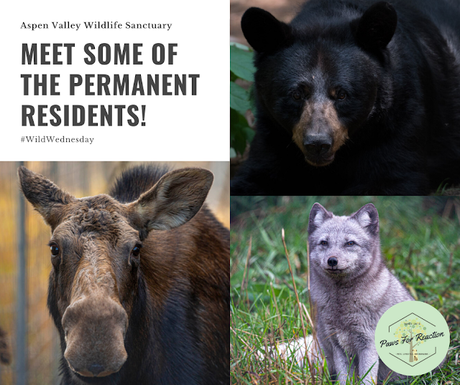
The size of the sanctuary gives them the ability to care for large animals in need. Aspen Valley cares for moose, deer, bear, and wolves. They also rehabilitate aquatic animals such as beavers and otters. Of course, they still care for smaller creatures, like raccoons, porcupine, and skunks, but their reach is far when it comes to the species they can rehabilitate. This makes them very unique- and a valuable support system for orphaned and injured wildlife in Ontario.
This year alone the sanctuary did intake of 641 animals, including 2 moose calves who are doing really well. In 2020 they have admitted 73 different species of wildlife. Aspen Valley also provides education to the community. They teach about safe co-existing of humans and wildlife, and humane solutions for wildlife-related issues.
"We love to educate the public on these ambassadors of wildlife. Visitors will learn about each species and their stories that brought them to Aspen," said Glimps. "We hope that people leave with an appreciation and understanding of how cohabitating with wildlife will make them a habitat hero!"
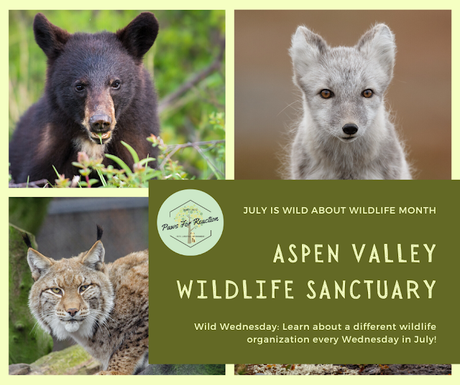
In 2010, Aspen Valley Wildlife Sanctuary achieved an outstanding 87% success rate in the rehabilitation of admitted animals. This is an incredible achievement, and these numbers exceeded previously recorded numbers by more than 20%. You can visit their website to see animals in rehabilitation and their sanctuary residents if you want to meet some of these creatures they have rescued.
"We are not open to the public, however, we do provide Guided Tours of these permanent wildlife residents by booking in advance," said Glimps. "Due to COVID, we have had to temporarily suspend our tours. Happy to say that starting July 13 we are offering them once again."Aspen Valley Wildlife Sanctuary's guided tours allow you to meet their permanent residents, but you can get involved in other ways. You can sponsor an animal- a more personal way to make a donation.
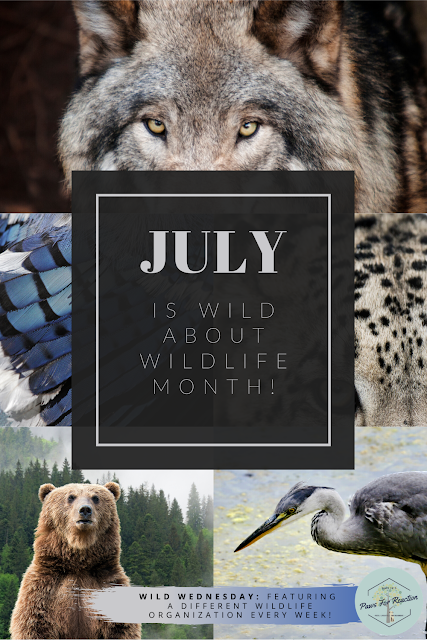
If you want to lend a helping hand, please take a look at Aspen Valley's wishlist of most needed items. Since Aspen Valley supports such a wide range of wildlife species, they need a lot of different items to care for the animals. Aspen Valley is committed to providing these animals with the best health and behavioural care, and to be an innovative leader in wildlife rehabilitation.
This is a list of things that Aspen Valley needs right now:
- Nuts– shelled or unshelled (unsalted)
- Eggs
- Unseasoned meat of any kind
- Towels and sheets- (no comforters or pillows)
- Household Items to help us keep the animal care facilities clean. An ongoing job with so many wildlife in our care!
- Laundry Detergent HE
- Scrub Brushes
- Dawn unscented dish soap
- Contractor grade Garbage Bags
- Rubber Gloves– any size
Please consider donating. CLICK HEREto find out how you can make a DONATION to Aspen Valley Wildlife Sanctuary! #WildWednesday
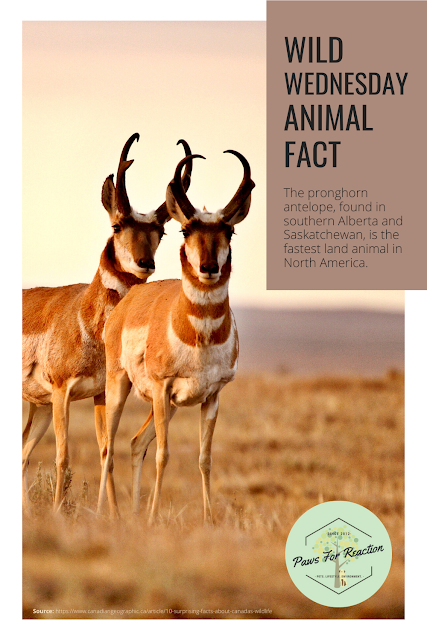
See the other Wild Wednesday posts!
Give me a high paw and follow Paws For Reaction on Pinterest
Like Paws for Reaction on Facebook
Follow my blog and subscribe in the sidebar >>
